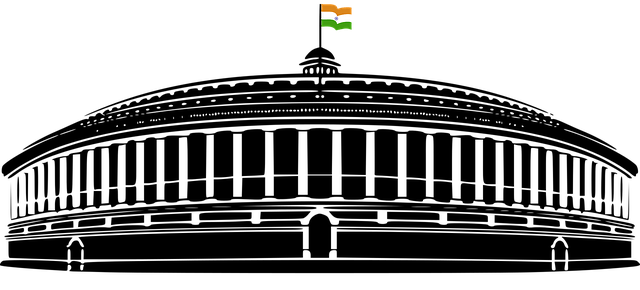
Indian Polity
Indian Polity is really important subjects for the UPSC Civil Services Exam. Subject of Indian Polity covers the entire constitutional framework and how our political system works. We all Indian citizen must learn and understand the basic philosophy, web, relations between institutions and rapid transformation of Indian political system. Here we are providing basic notes on Indian polity, before that or simultaneously you must go through reference book such as M. Laxmikanth or D. D. Basu
Indian Polity
Part I. Constitutional Framework
- Historical Background
- Making of the Constitution
- Salient Features of the Constitution
- Preamble of the Constitution
- Union and its Territory
- Citizenship
- Fundamental Rights
- Directive Principles of State Policy
- Fundamental Duties
- Amendment of the Constitution
- Basic Structure of the Constitution
PART II System of Government
- Parliamentary System
- Federal System
- Centre–State Relations
- Inter-State Relations
PART III Central Government
- President
- Vice-President
- Prime Minister
- Central Council of Ministers
- Cabinet Committees
- Parliament
- Parliamentary Committees
- Parliamentary Forums
- Supreme Court
PART IV State Government
- Governor
- Chief Minister
- State Council of Ministers
- State Legislature
- High Court
- Subordinate Courts
- Special Status of Jammu & Kashmir
- Special Provisions for Some States
PART V Local Government
- Panchayati Raj
- Municipalities
PART VI Union Territories and Special Areas
- Union Territories
- Scheduled and Tribal Areas
PART VII Constitutional Bodies
- Election Commission
- Union Public Service Commission
- State Public Service Commission
- Finance Commission
- National Commission for SCs
- National Commission for STs
- Special Officer for Linguistic Minorities
- Comptroller and Auditor General of India
- Attorney General of India
- Advocate General of the State
PART VIII Non-Constitutional Bodies
- Planning Commission
- National Development Council
- National Human Rights Commission
- State Human Rights Commission
- Central Information Commission
- State Information Commission
- Central Vigilance Commission
- Central Bureau of Investigation
- Lokpal and Lokayuktas
PART IX Other Constitutional Dimensions
- Co-operative Societies
- Official Language
- Public Services
- Tribunals
- Rights and Liabilities of the Government
- Authoritative Text of the Constitution in Hindi Language
- Special Provisions Relating to Certain Classes
PART X Political Dynamics
- Political Parties
- Elections
- Electoral Reforms
- Anti-Defection Law
- Pressure Groups
- National Integration
- Foreign Policy